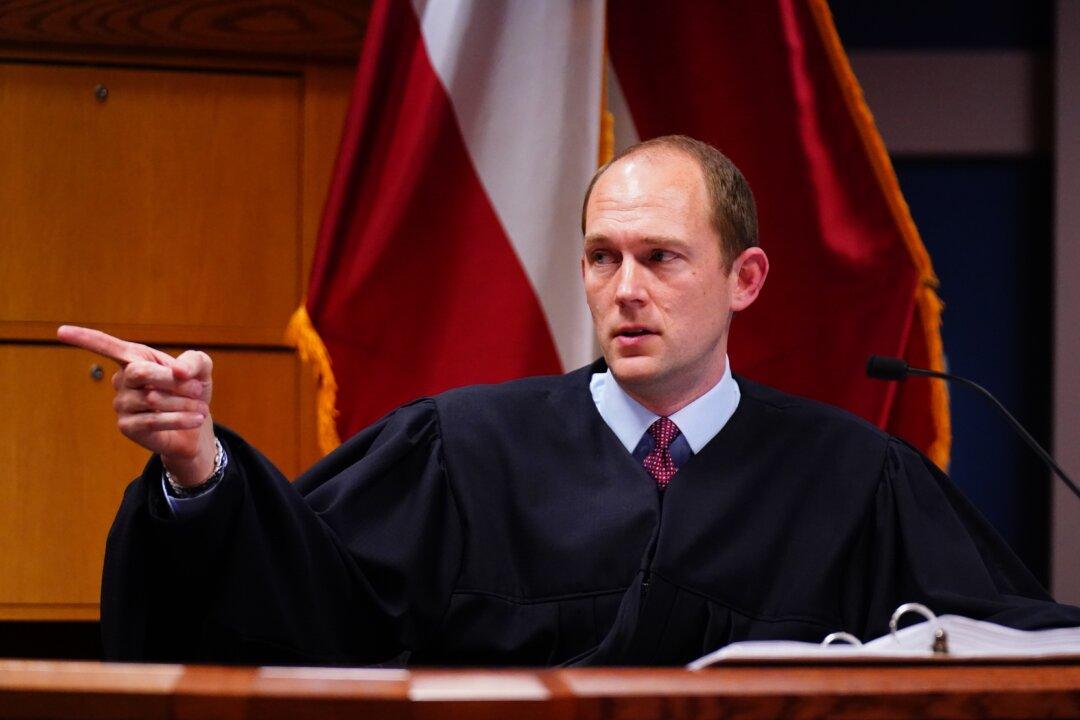Former President Donald Trump’s several criminal indictments and likely nomination were proverbial elephants in the room during a lengthy motions hearing in Fulton County, during which Fulton County Superior Court Judge Scott McAfee set new motions deadlines for two former federal officials who have been trying to remove their Georgia election case out of state court before finally addressing the presidential race.
Harry MacDougald, counsel for former Department of Justice official Jeffrey Clark, said his client is litigating in four forums. James Durham, counsel for former chief-of-staff Mark Meadows, said in addition to appealing the removal of his case to federal court, he is involved in several cases against former President Donald Trump. In light of this, the judge allowed the motions deadline to be slightly postponed for the two defendants only, to Feb. 1, 2024.





